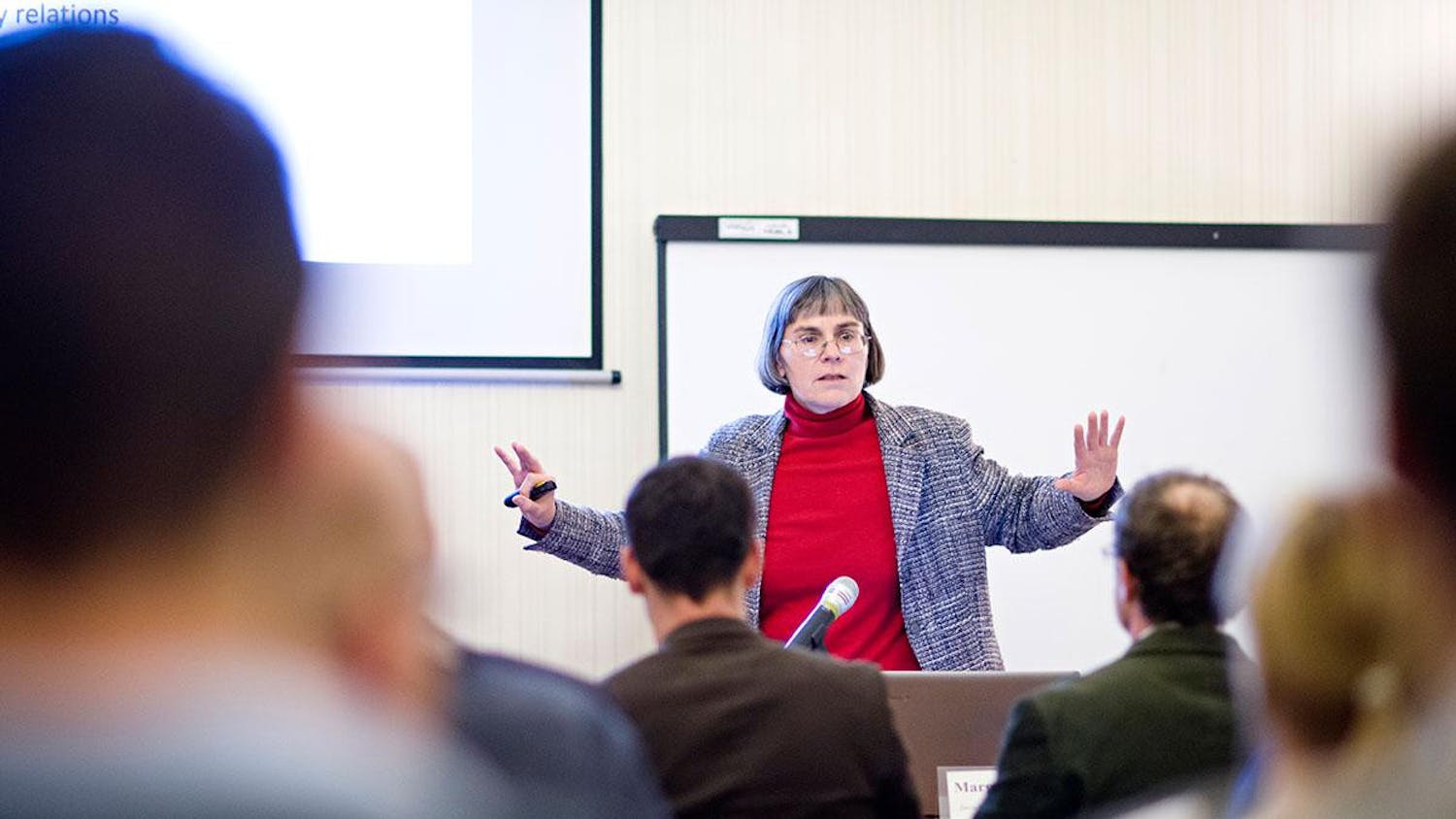Not long ago, while waiting for my pancakes at the local diner, I overheard a couple talking about the state of contemporary fiction. The man said that the further we get from modernity, the further we get from any fiction of real substance. The woman readily agreed, adding that today's fiction functions under the pretense that our society is essentially invincible, that death is no longer on our minds. The conversation didn't last long, as the server came around with their check, but it left me feeling a bit agitated.
Of course, there's always the temptation to embrace the standard cliche that all of the great books have already been written, and that to acknowledge a new, radical sort of writing would be to only acknowledge those author's deficiencies compared with authors of the classic works of literature. Yet the truth is that literature has never been in a more exciting, more advanced state than it is now in 2013. From the Nobel-Prize winning collection of short stories by Alice Munro, to James Salter's first novel in 35 years, to Flannary O'Connor's recently published prayer journal, 2013 has become a year of literary achievement.
What follows is a list of writers with recently published novels that strip that cliche of all meaning. So, the next time a nostalgic, authoritative figure bares their teeth and growls at the fiction of today, be sure to show them this list with a smirk.
1. James Salter's "All that Is," published April 2 by Vintage International.
With great care and virtuosity, Salter takes the reader through the life of protagonist Phillip Bowman. From his experience in the Navy during WWII, to his sexual tribulations, to his death, Salter's mastery of the poetic sentence is perhaps best displayed in this novel. At 87, this very well may be Salter's last novel, and it is a reflection on his brilliant writing career.
2. Thomas Pynchon's "Bleeding Edge," published Sept. 17 by Penguin Press.
Part mystery/detective, part historical romance, part comedy, all parts poignant and relevant, Pynchon reconstructs New York City in 2001, with all of the pre-9/11, pre-stock market bust, and pre-Internet life attached. What follows is an ample display of chaos, crime and love all in the name of the 21st century.
3. Alice Munro's "Dear Life: Stories," winner of the 2013 Nobel Prize in Literature.
Although published in 2012, this recent winner of the Nobel Prize contains stories that put in dramatic form the exact moment that forever shapes a character's existence. At times, the stories are desperately real, and at others, equally as perplexing. The reader gets a glimpse of Munro's childhood as four autobiographical shorts are included
4. Robert Stone's "Death of the Black-Haired Girl," published Nov. 12 by Houghton Mifflin Harcourt publishing.
Recounting the moments of lost youth, murder and addiction, Stone's first novel in several years offers a gray, gloomy portrait of the modern man and woman. The novel follows Maud Stack, a brilliant scholar-to-be, and her affair with professor Steve Brookman.
5. James Joyce's "Finn's Hotel," published in June by Ithys Press.
Although this release speaks less to today's writing and more to today's publishing world, this recently unearthed collection, after much scholarly argument, has been published as a precursor to his great "Finnegan's Wake." Advertised on Ithys Press's website as a "serio-comic collection of little epics" written by Joyce in 1923, this release will forever alter the world of Joyce scholarship.
6. Flannary O' Connor's "A Prayer Journal."
An extremely intimate glimpse at one the 20th-century's most prolific writers, "A Prayer Journal" is O'Connor's firsthand account of life and her private discussion with God. Recently discovered among her writing, this expository narrative is written as beautifully as it is historically radical.
Briefly Mentioned:
1. George Saunder's "Tenth of December"
2. Billy Collin's "Aimless Love"
3. Sharon Olds' "Stag's Leap"
4. Robert Pinsky's "Singing School"
5. Rachel Kushner's "The Flame Thrower"
And be sure to be on the lookout for Seton Hall English Professor Nathan Oates' debut collection of short stories, "The Empty House," winner of the 2012 Spokane Prize, which is expected sometime in January.
Ben Rader can be reached at benjamin.rader@student.shu.edu.





